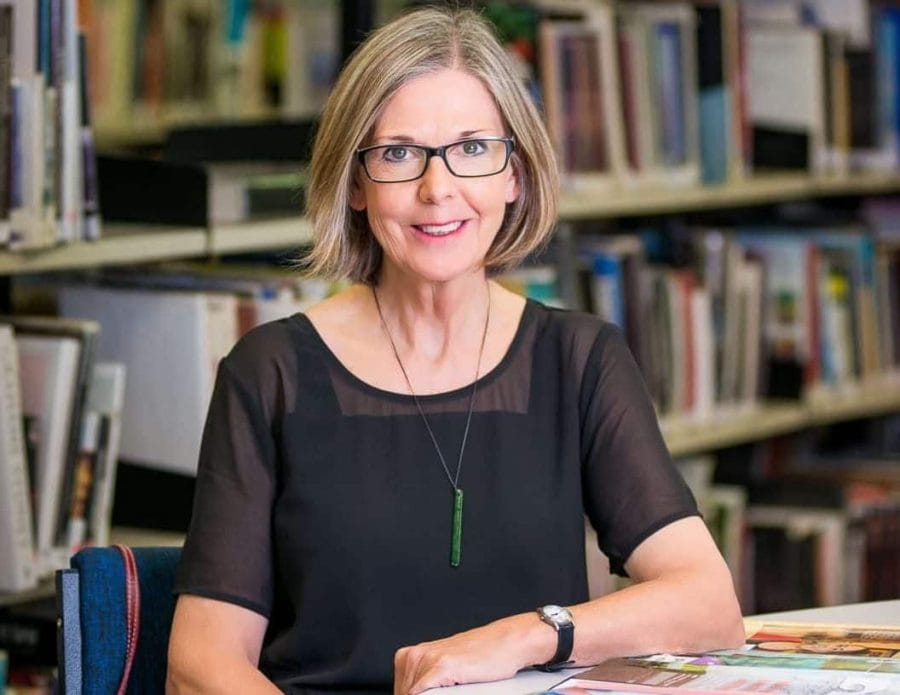
Southern Institute of Technology Nurse Educator, Trish Conradson, was one of five speakers alongside the Minister of Health, Hon Dr Ayesha Verrall, to take part in official celebrations for 50 Years of nursing education in the tertiary sector, 1973-2023, on June 28th at Parliament in Wellington.
The shift from hospital-based training to tertiary training commenced following recommendations made in the Carpenter Report (1971). The national celebration marks the beginning of this move in 1973, when it was first rolled out in Wellington and Christchurch; SIT followed in 1978 and celebrates 45 years of tertiary nursing this year.
Ms Conradson will present a 10-minute talk on “The history of nursing and lead up to transition [from hospital-based nursing training to tertiary education]”, through a southern/ SIT lens.
SIT Head of Nursing, Johanna Rhodes, is also attending. Ms Rhodes said she had the privilege of being invited to be part of the organising committee for the 50 years of nursing in the tertiary sector event. When the opportunity arose to invite speakers, Ms Conradson was nominated for the prestigious occasion, because of her vast experience in nursing education and her research interest in the history of Nursing in Aotearoa New Zealand. “It’s a reflection of Trish’s passion and knowledge of nursing, which she has gifted to many students, ” Ms Rhodes added.
Ms Conradson has seen many changes in nursing education during her 40-year involvement at SIT. The nursing course was initially a three-year Diploma, then in 1997 the first students graduated from the three-year Degree (Bachelor of Nursing), in which student numbers have increased greatly. The introduction of the Zero Fees Scheme in 2001 created a significant boost to the student numbers from outside Southland.
In the 1990s, Cultural Safety (Kawa Whakaruruhau) was introduced into nursing. Ms Conradson said the SIT School of Nursing was fortunate to have the expertise of Māori nurse educators and local iwi supporting the programme, including Irihapeti Ramsden, who visited as a teacher and monitor. “This gave added support and encouragement,” she said.
More than 300 people are expected to attend the gathering. Ms Conradson said as well as listening to the tangata whenua involved in the mihi, she was looking forward to hearing the presentations from the Minister of Health and the other speakers. “It will be interesting to hear their perspectives on the 50-year celebration.”
As well as her knowledge on the history of nursing, Ms Conradson is also engaged with and interested in its future, and believes nursing education is a very worthwhile investment for the long-term benefit of all. “Nursing and health are currently in the spotlight. The future health of our communities depends a lot on the availability of well-educated nurses.”
